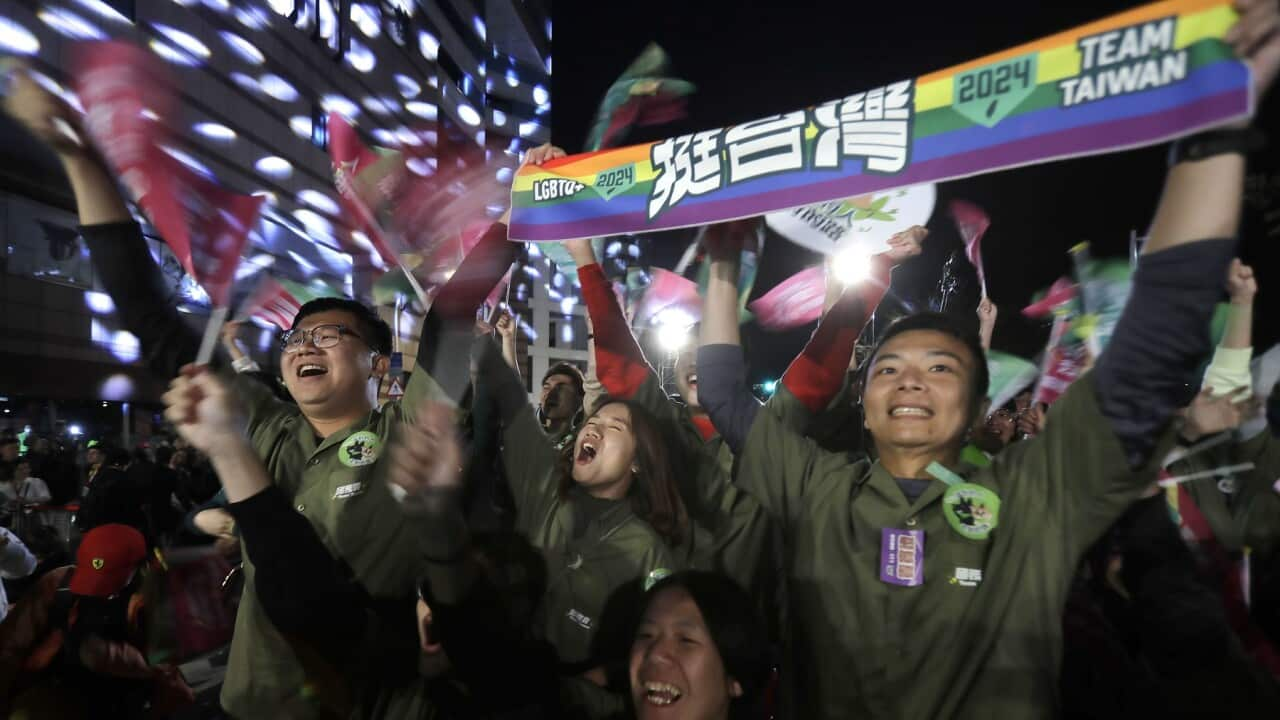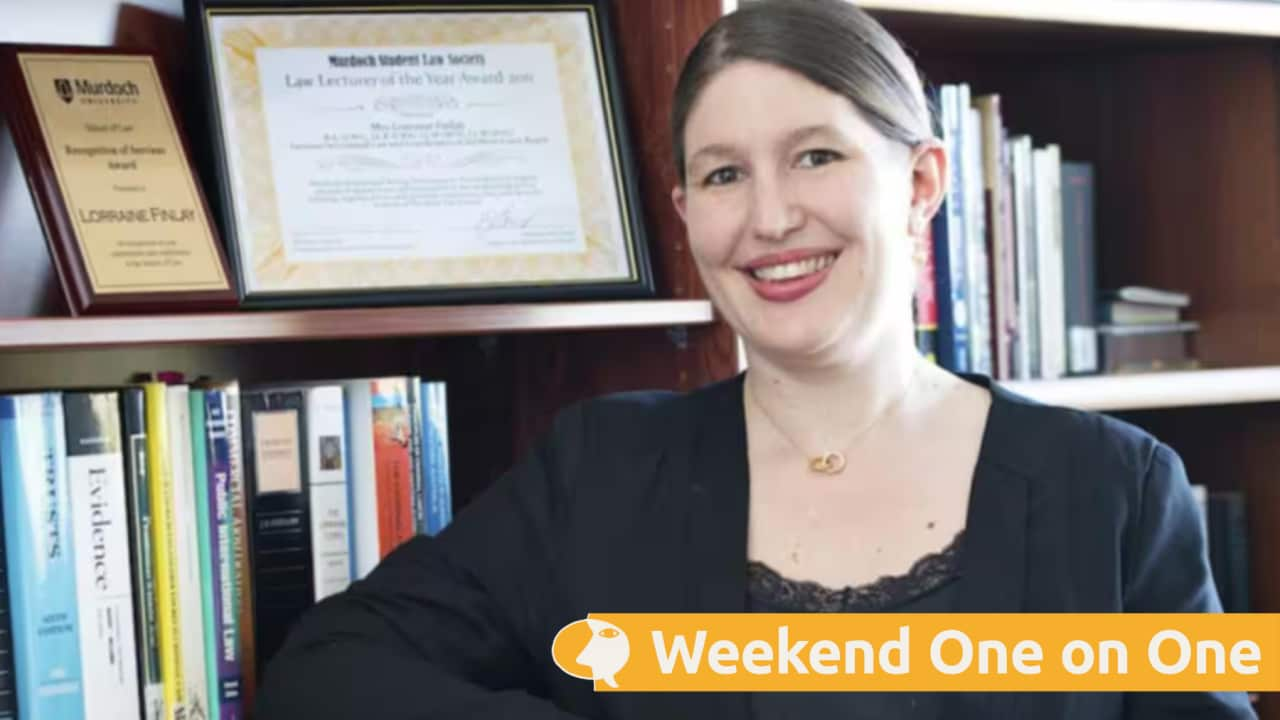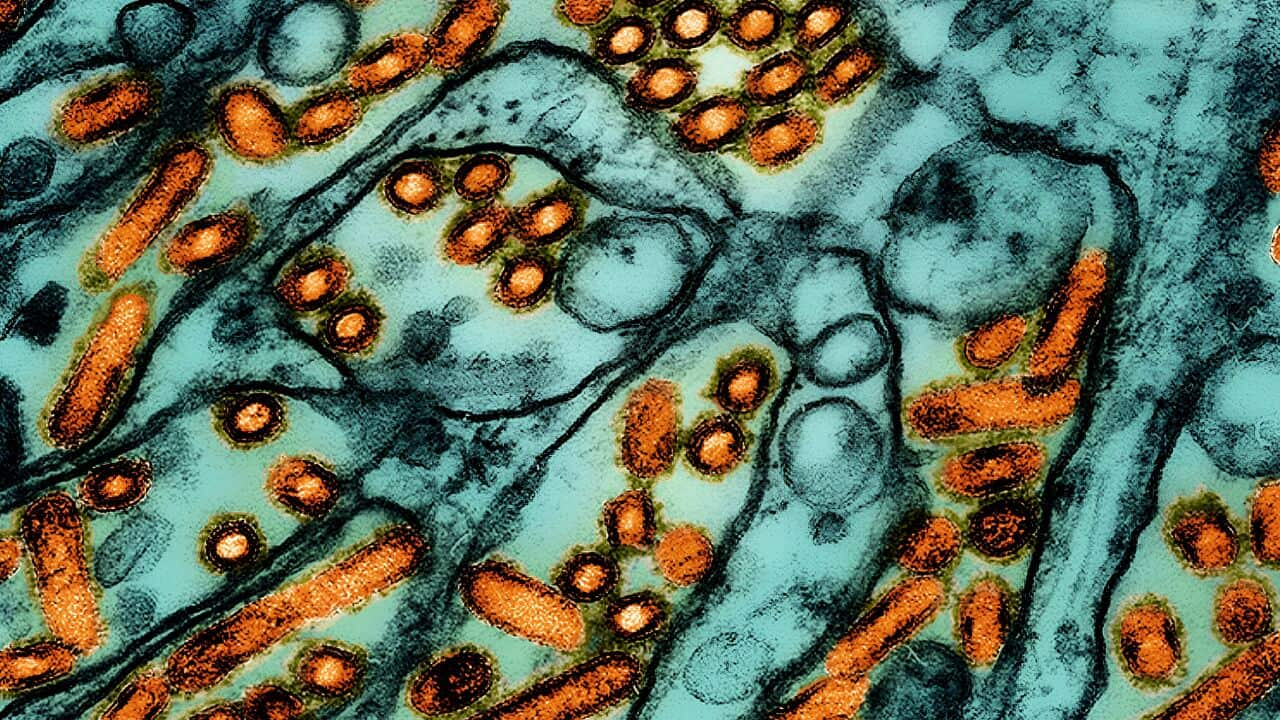TRANSCRIPT:
Supporters of Taiwan's Democratic Progressive Party were beating the drum for democracy as they celebrated the victory of presidential candidate William Lai Ching-te.
64-year-old Lai is currently Vice President on the island of 23 million people that China claims as its own, with current President Tsai Ing-wen due to step down after reaching her two-term limit.
The result, which saw the D-P-P receive 5.6 million, or 40%, of votes, sees the D-P-P return for a record third consecutive term, despite Beijing urging voters to spurn them at the polls, denouncing Dr Lai as a dangerous separatist.
This D-P-P supporter said he was "proud" that his country had chosen to reject Beijing's warnings.
"We choose our own president in Taiwan. We are a country. We are a country. We are a light of the world. We love freedom. We love democracy."
Dr Lai has promised to strengthen social justice, as well the island's defence and economy, which depends heavily on trade with China.
In his victory speech, he told supporters he is determined to safeguard Taiwan from Chinese "threats and intimidation".
"The Taiwanese people have taken action to successfully resist the intervention of external forces. This is because we believe in electing our own president...We have not engaged in any provocations. Taiwan simply wants to maintain its democratic and free way of life.”
But the victory was more subdued than the landslide four years ago which saw the party receive more than 50 per cent of the vote.
Beijing is believed to have favoured the more China-friendly Nationalist party, also known as Kuomintang, or K-M-T, which received 33.5% per cent of this year's votes.
Its candidate, Hou Yu-ih, like Mr Lai, had promised to restart talks with China, but had vowed not to move toward unifying the two sides of the Taiwan Strait if elected.
In his concession speech, Mr Hou apologised for failing to regain power for the K-M-T, which ran Taiwan under martial law for nearly four decades before democratic reforms in the 1980s.
“I didn’t work hard enough, and I regret deeply that I failed to succeed in the mission of political party rotation, I disappointed everyone. Here I would like to express my deepest, utmost sincere apologies. I am so sorry. I let everyone down."
A third candidate in the race, Ko Wen-je of the smaller Taiwan People’s Party, or T-P-P, also drew away the support of young people wanting an alternative to Taiwan’s traditional opposing parties, focusing on domestic economic and housing reform.
Ko's party garnered 26.5% of votes, receiving eight seats, to the D-P-P's 51, while the KMT received 52 under Taiwan's first-past-the-post system.
Beijing was quick to seize upon the absence of a total majority for the D-P-P, claiming that reunification with mainland China was "inevitable" in a statement from its Taiwan Affairs Office read on state network C-C-T-V.
"The results of the two elections in Taiwan show that the Democratic Progressive Party does not represent the mainstream public opinion on the island. Taiwan is China's Taiwan. This election cannot change the basic situation and the direction of cross-Strait relations, nor can it change the common desire of compatriots on both sides to get closer and closer, nor can it stop the general trend that the motherland will eventually and inevitably be reunified."
In Taipei, this voter expressed uncertainty about the prospect of a minority government, but said that showed the democratic will of Taiwan's people.
"I am somewhat concerned about the fact that none of the three parties has achieved a majority in parliament. However, I think this is also another choice made by the Taiwanese people. Since we had a majority in the previous eight years, and now for the next four years, the Taiwanese people have chosen not to have a majority, I trust the new government will continue to work on negotiations and bring another aspect to our new democracy."
In the international community, the response was complicated by the fact that many countries, including Australia, formally recognise the People's Republic of China, while maintaining unofficial ties with Taiwan.
The Department of Foreign Affairs and Trade has congratulated Dr Lai Ching-te on his victory and Taiwan's "smooth" democratic process, which it says is a testament to the "maturity and strength" of Taiwan's democracy.
In the U-S, when asked about the result, President Joe Biden only restated the country did not support Taiwanese independence, while Secretary of State Antony Blinken congratulated Dr Lai in a statement shared by his department.
Dr Lai has been front and centre of Taiwan-US relations, stopping in New York and San Francisco on his way to Latin America in August in a move that was criticized by Beijing.
Professor Kerry Brown is the Director of the Lau China Institute in London.
He says while the threat of unification, a goal of Chinese President Xi Jinping's, is unlikely, Dr Lai's victory shows the relationship between China's relationship with Taiwan will remain an "unfriendly" one.
“It's hard for it just to stick and sort of put up with what it sees as constant erosion of any influence it has over Taiwan. So, a lot of frustration. And I think William Lai, well, he can certainly kind of assert that Taiwan can just ignore that. But Taiwan has 40%, 45% of its trade with China. So that alone means there's got to be some relationship, even if it's not a particularly friendly one.”













